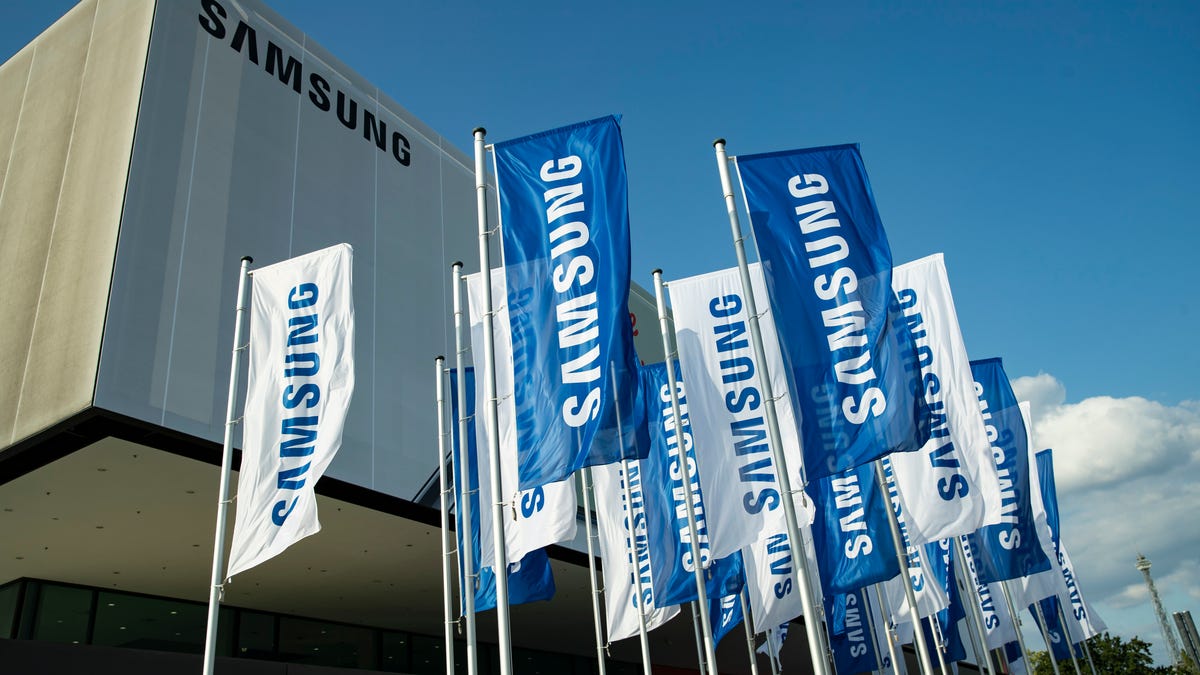Samsung’s CEO, Kyung Kye-hyun, confidently stated during the company’s annual shareholder’s meeting that the tech giant’s semiconductor division, the Device Solution (DS) Division, will reclaim the world’s No.1 spot in the next two to three years. However, the Q&A session that followed saw Kyung facing tough questions from shareholders, particularly regarding the chip division’s performance. With a sense of determination, Kyung assured shareholders that Samsung is committed to improving and excelling in the semiconductor market.
For the past decade, Samsung has maintained its position as a leader in smartphones, consumer electronics, and memory chips. However, recent reports from analyst firm Omdia revealed that Samsung was ranked third in terms of revenue in the global semiconductor market in 2023, losing its No.1 spot from the previous year. Intel and Nvidia took the top two spots, pushing Samsung down to third place.
The semiconductor market is complex and diverse, with companies specializing in memory, logic, digital, and analog chips. Samsung, as an integrated device manufacturer (IDM), faces competition from pure-play foundries like TSMC. The company’s DS Division comprises three business units: Memory Business, Samsung Foundry, and Samsung System LSI. The performance of these units will be crucial in determining Samsung’s future in the semiconductor market.
Samsung’s Memory Business, which includes DRAM and NAND products, is a key revenue driver for the company. The memory market is cyclical, and Samsung’s success in the next two to three years will largely depend on the memory upcycle that began late last year. The CEO projected that the DS Division’s revenue will return to 2022 levels, despite the downturn in the semiconductor industry in 2023.
Despite facing challenges in the semiconductor market, Samsung remains optimistic about its future. The company is actively engaging with competitors like SK Hynix and Micron in the memory chip sector, while also exploring opportunities in high bandwidth memory (HBM) technology. Samsung’s journey to reclaim the No.1 spot in the semiconductor market may be challenging, but the company’s history of innovation and resilience suggests that it is up to the task.

